Fall Screening | Infinite Appeal of Filmized Stage Plays
Apart from the “Pioneering Films” section, we’d like to recommend the other wonderful section of the “Classic Chinese Film” Fall Screening— “Filmized Stage Plays”. The section is to screen 12 films adapted from classic stage plays and musicals, including The Money Tree, The Young Mistress' Fan, Night Inn, The White-haired Girl, Fang Zhenzhu, Dragon Beard Ditch, The New Guard Neon Lights, Aida, The Long March, The Dawns Here Are Quiet, The Railway to Tibet and Lin Zexu.
The Money Tree (1937)
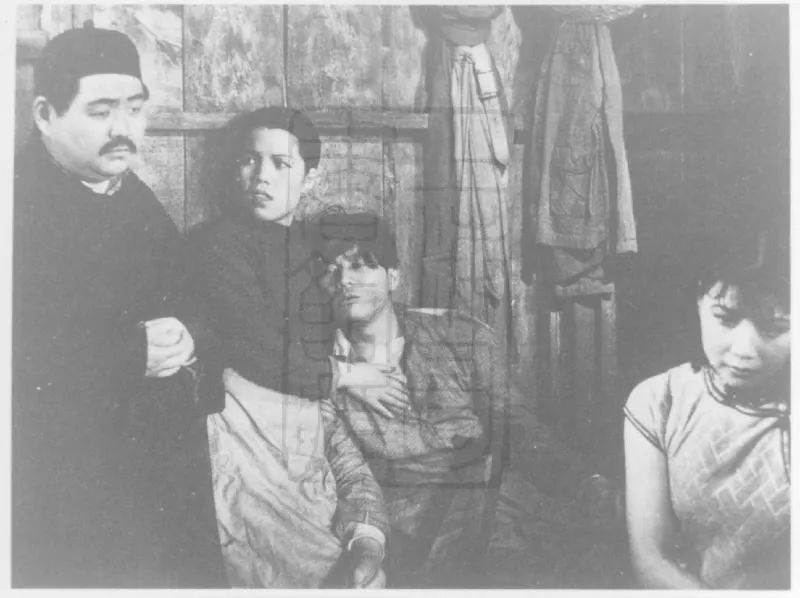
Still of The Money Tree
Directed by Tan Youliu, written by Xia Yan and presented by the United Photoplay Service, The Money Tree may sound like a comedy from its title, but it’s actually a tragedy caused by money. After completing The Money Tree, Tan Youliu went to develop his career in Hong Kong. He worked as a producer at the Great Earth Film Company and San Sang (Xinsheng) Film Company, and then worked on overseas distribution channels of Chinese films in Thailand and Malaysia. Tan made indelible contributions to the dissemination of Chinese films. There are only 20 users that marked the film “watched” on Douban.com. Come and check it out!
The Young Mistress' Fan (1939)

Still of The Young Mistress' Fan
The Young Mistress' Fan is adapted from Oscar Wilde’s classic play Lady Windermere’s Fan, and it’s the earliest preserved fashion feature film by director Li Pingqian. Oscar Wilde’s original play became an instant theatrical sensation upon its opening. It was filmized by comedy master Ernst Lubitsch in 1925, and received great reviews. Almost around the same time, Hong Shen, a prominent figure in China’s film and theater community, translated the play into Chinese, and directed the stage play and film adaptation. Unfortunately, there is no copy of the 1928 version preserved. The 1939 version to be screened was remade, starring Yuan Meiyun, Lu Luming and Mei Xi among the star-studded cast. Don’t miss it!
Night Inn (1947)
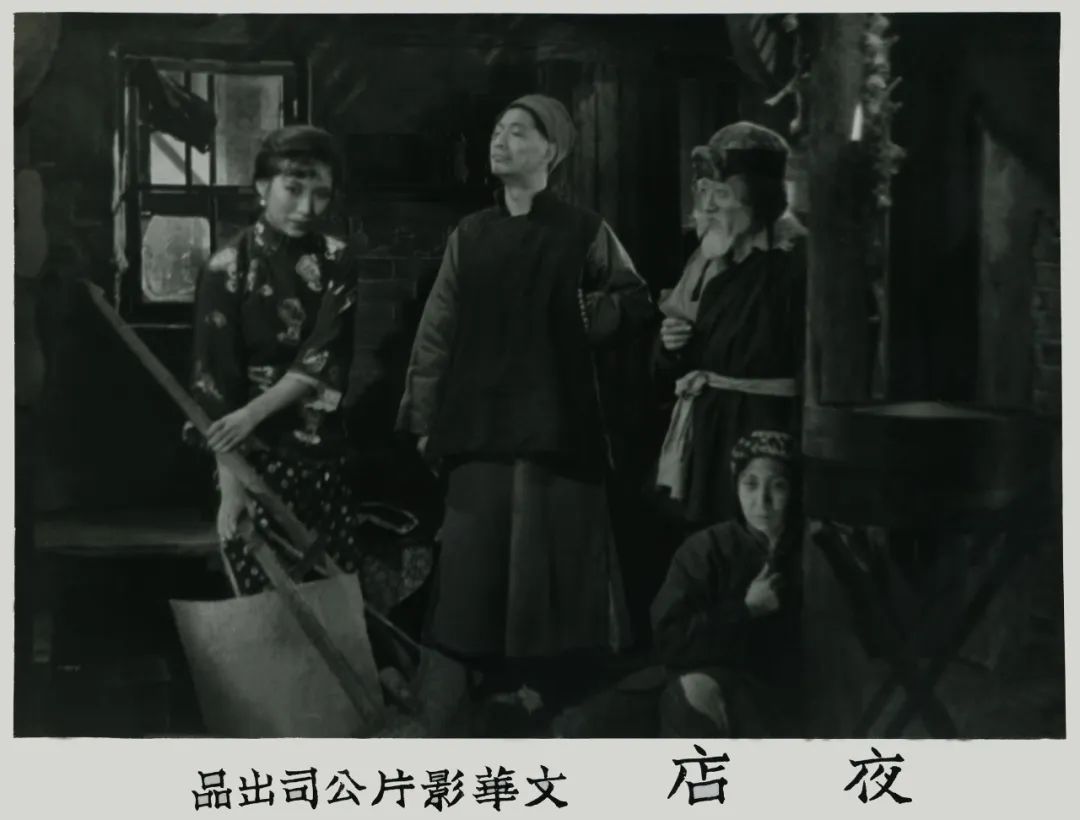
Still of the Night Inn
Adapted based on Maxim Gorky’s amazing play The Lower Depths, directed by Huang Zuolin, and written by Ke Ling, the Night Inn presents the lives of the underclass in a small inn set in all night scenes and gray tones. The film exerts huge influence on many Chinese civic life films with the subject matter of living together. The cast include many big names, such as Zhou Xuan, who played kind and gentle Xiaomei being hated and deceived by her elder sister, and Shi Hui, who delivered impressive performance as a villain role.
The White-haired Girl (1950)
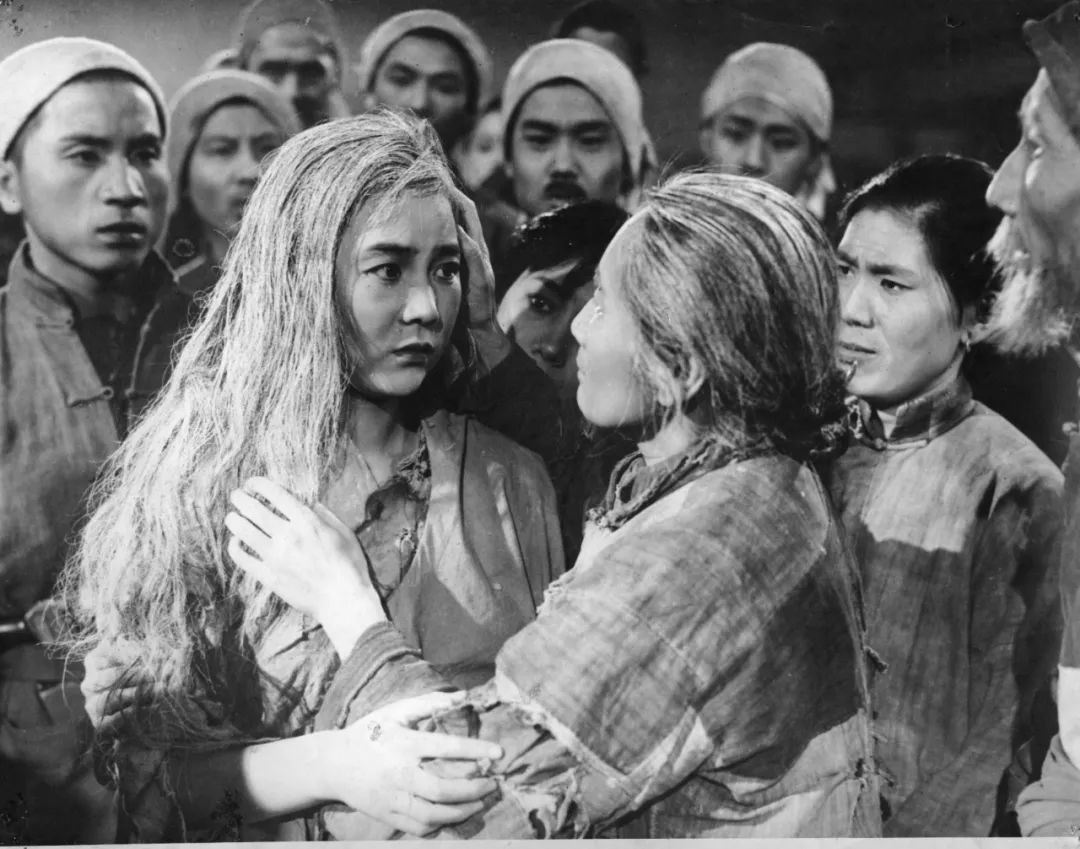
Still of The White-haired Girl
Co-directed by Wang Bin and Shui Hua, The White-haired Girl tells the story of Xi’er, tenant Yang Bailao’s daughter, who escapes into the mountains due to persecution by landlord Huang Shiren. Her hair turns gray because of the harsh environment and miserable life. But she manages to start over thanks to the rescue by the revolutionary army. Tian Hua made her film debut as Xi’er, and won the gold medal by the Ministry of Culture. Chen Qiang played villain Huang Shiren, which was so popular that he almost lost his life. And the “North wind blows and snow falls” sung by Wang Kun, who played first Xi’er in the stage play version, is still a household song today.
Fang Zhenzhu (1952)
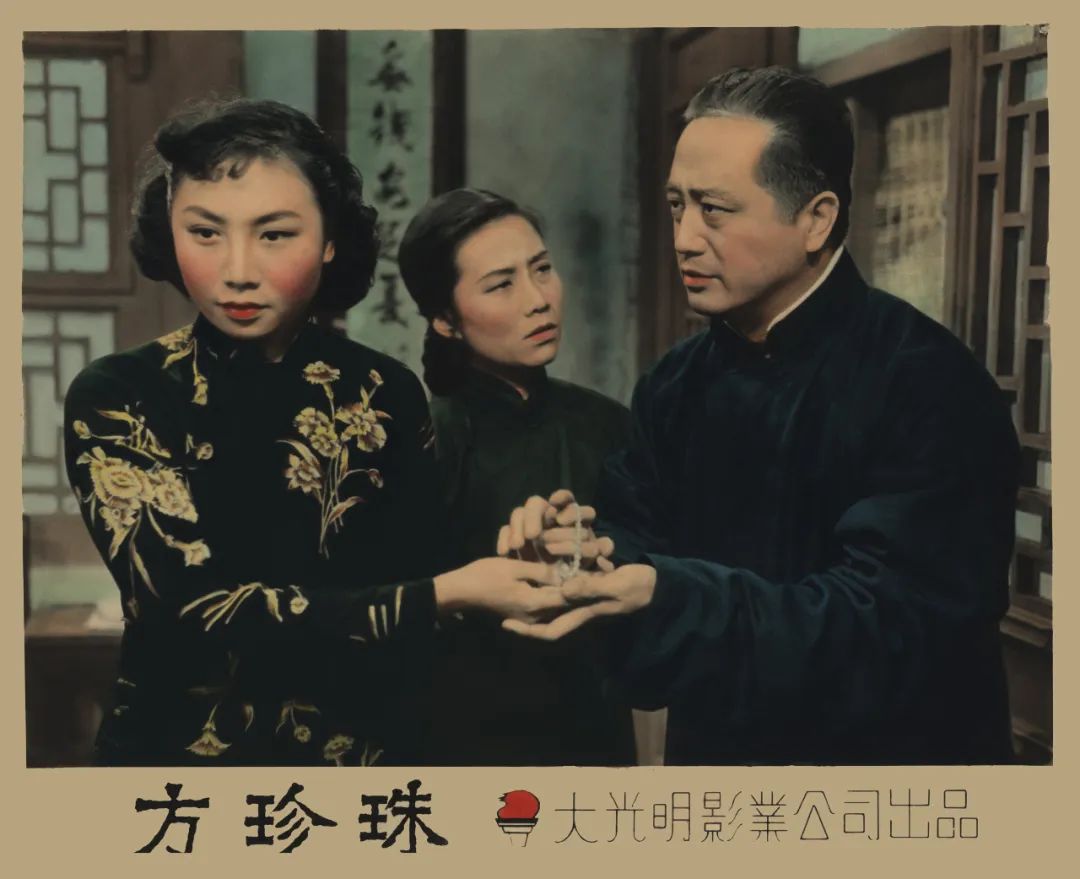
Still of the Fang Zhenzhu
The film is adapted from Lao She’s same-name play. It tells the changes of life and mentality of Fang Baoqing, a drum singer with the stage name of “Broken Kite”, before and after the founding of the People’s Republic of China. It’s fair to say the play embodies the transformation of Lao She’s creative thinking. Doesn’t the flag “from and to the general public” that “Broken Kite” holds at the end of the film tell Lao She’s view of art and literature? It’s also worth noticing that prestigious comedian Hou Baolin gave a precious crosstalk performance in the film.
Dragon Beard Ditch (1952)
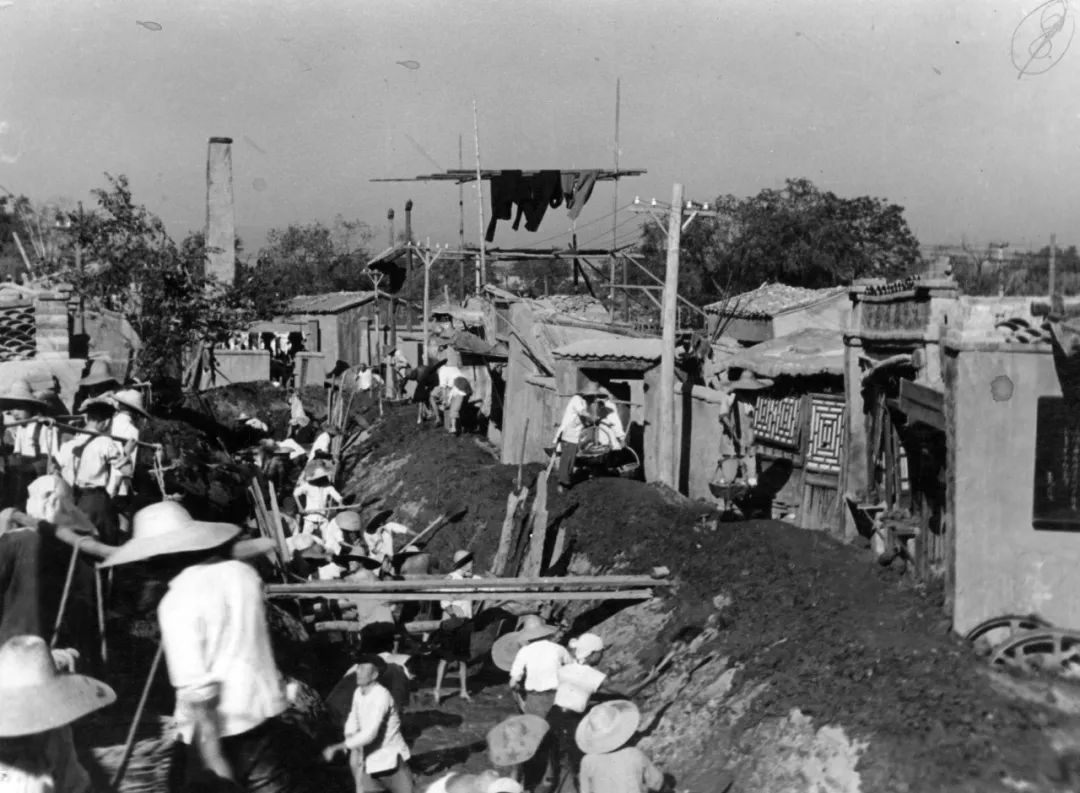
Still of the Dragon Beard Ditch
The Dragon Beard Ditch is also adapted based on Lao She’s same-name play. Set in a large courtyard in Beijing, the film depicts the dramatic life changes of the toiling masses living next to a stinky ditch in Beijing before and after the founding of the People’s Republic of China in a realistic, simple, and distinctive way. The filth and clarity of the ditch symbolize people’s different situation in the old and new societies. The film stands out among those produced in the early days following the founding of the People’s Republic of China.
The New Guard Neon Lights (1964)
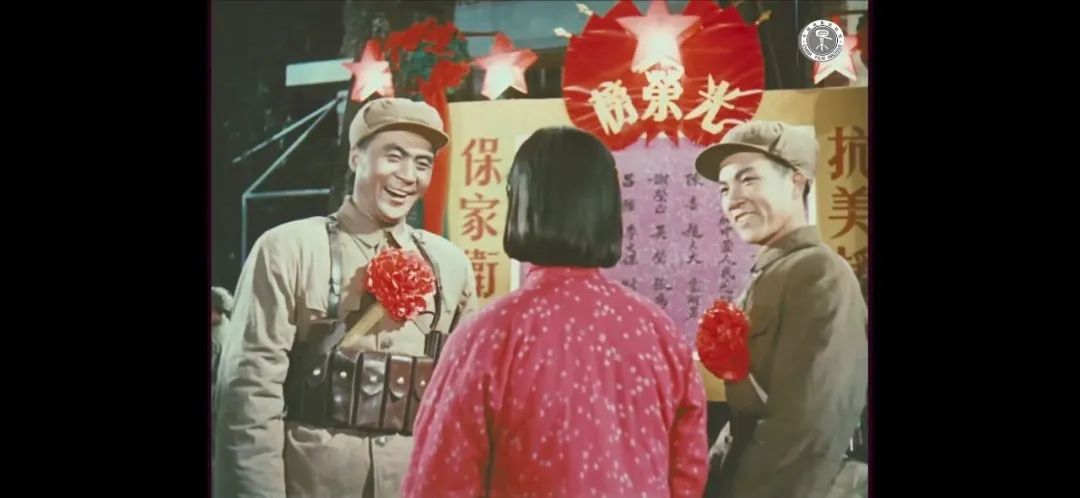
Still of The New Guard Neon Lights
The New Guard Neon Lights was directed by Wang Ping, first female director after the founding of the People’s Republic of China, and adapted based on Shen Ximeng’s same-name play. The story unfolds during the patrol on Nanjing Street filled with colorful neon lights. The conflict focuses on the promotion of revolutionary traditions and resistance against the luring bourgeois. President Mao spoke highly of the play after watching it. In late 1963, Premiere Zhou Enlai invited Xia Yan, Tian Han and Cao Yu to watch the play, and discussed how to adapt it into a film. And he made the specific instruction that the original cast of the play should be kept entirely and no lines should be changed in the film adaptation.
Aida (2016)

Still of the Aida
The Aida is one of the most popular masterpieces by opera master Giuseppe Verdi. It’s well received by opera fans around the world for its plot twists and turns, distinctive characters and passionate melodies. The 2015 version is produced by the National Centre for the Performing Arts (NCPA) and conducted by master Zubin Mehta, starring soprano He Hui and tenor Jorge de León. The set is designed by Ezio Frigerio, a prestigious set designer from Europe. Don’t miss the filmized version!
The Long March (2017)
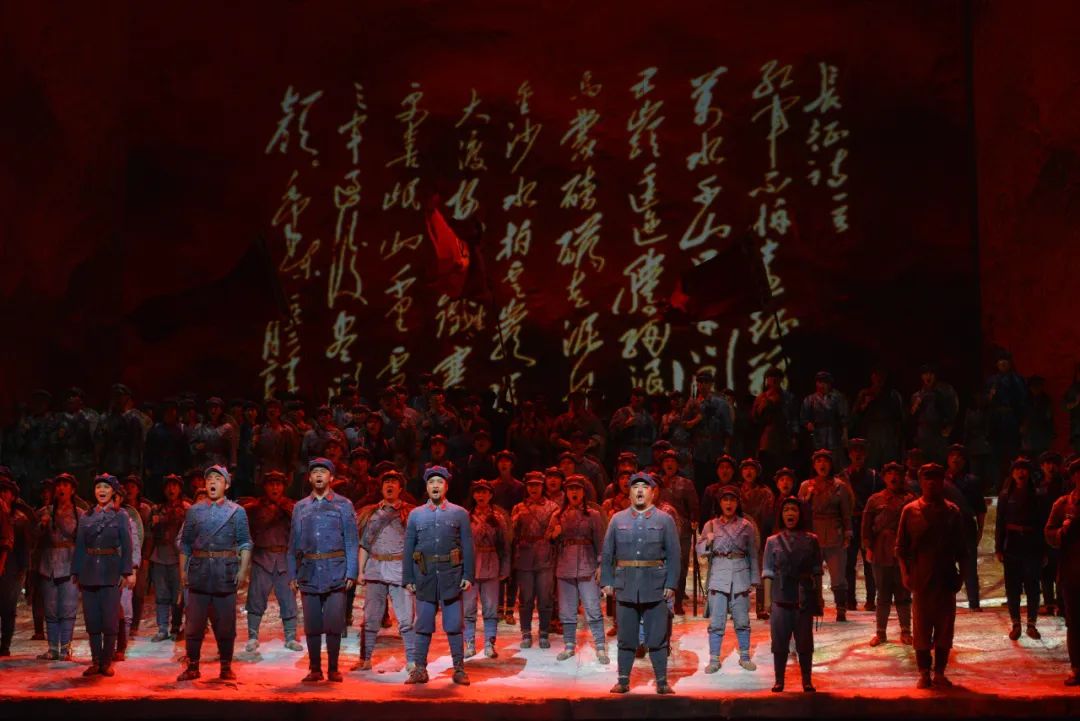
Still of The Long March
The opera The Long March is an epic original Chinese opera launched by the NCPA in commemoration of the 80th anniversary of the victory of the Long March by the Red Army. A-listed artists in China, including Yin Qing, Zou Jingzhi and Tian Qinxin, were invited to join the cast & crew. The wonderful verses vividly portrayed a set of characters and reproduced the spirit of the Long March. The famous national vocalist Yan Weiwen played the leading role, and Wang Hongwei and Wang Zhe delivered great performance. In 2017, the NCPA opera film production team filmized the meticulously produced opera with 4K filming technology.
The Dawns Here Are Quiet (2018)
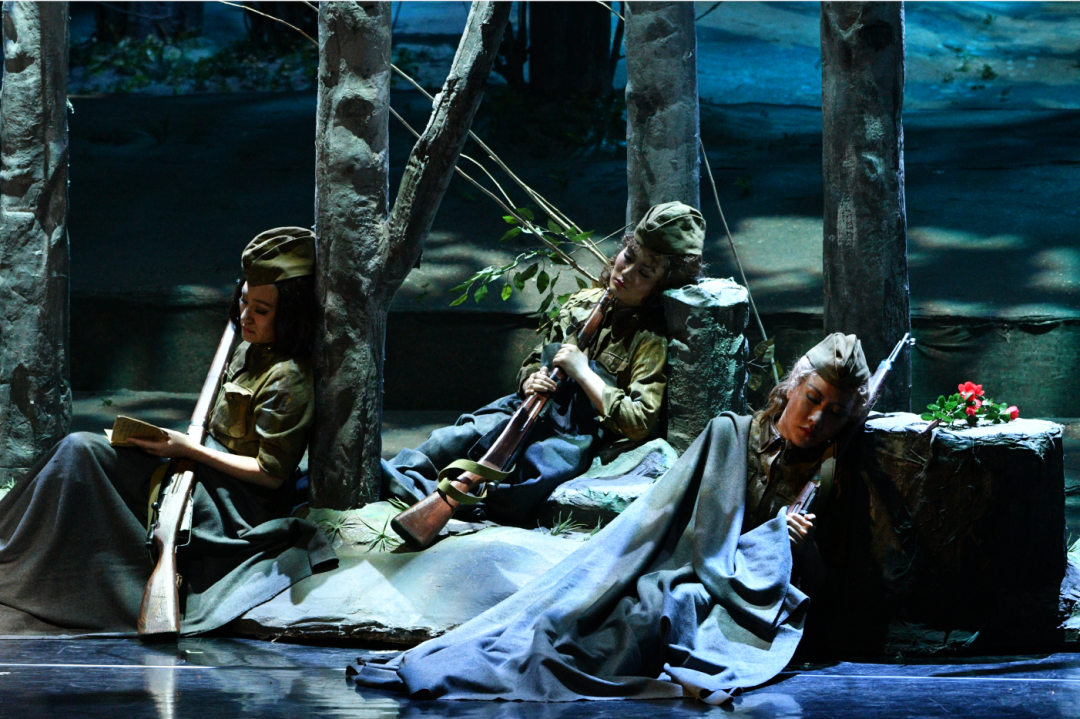
Still of The Dawns Here Are Quiet
The Dawns Here Are Quiet is adapted based on the same-title novel by a renowned Soviet writer Boris Lvovich Vasilyev, which tells the story of several female soldiers fighting against German invaders during the World War II. Premiered in 2015, the opera reveals the cruelty of war, and highlights humanist care and in-depth reflection on war through moving Russian-style music, picturesque stage presentation, and youth and lives mercilessly devoured by the war. In 2018, the NCPA hired a first-class film production team to filmize the opera with the most advanced 4K filming and surround-sound technology.
The Railway to Tibet (2019)
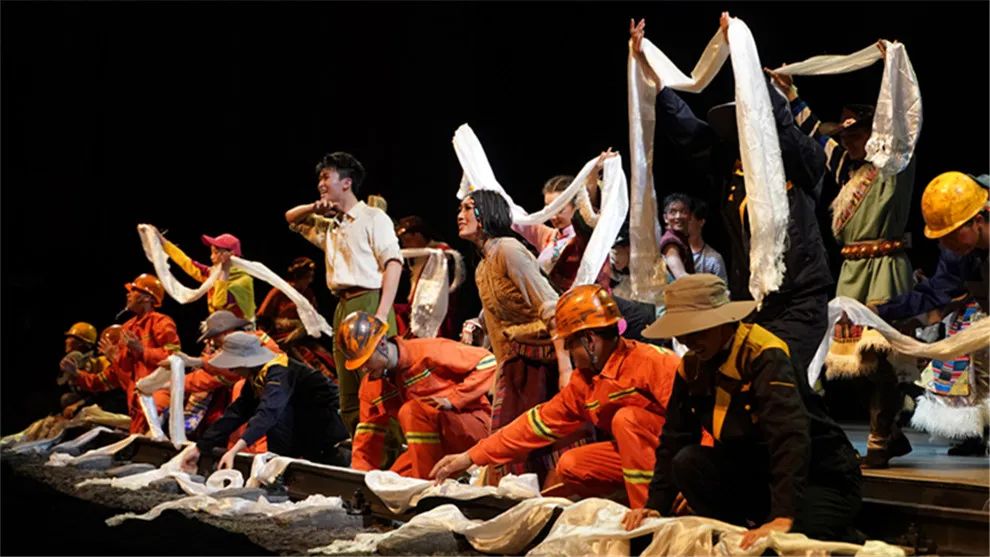
Still of The Railway to Tibet
Based on the Qinghai-Tibet Railway, the original folk dance drama The Railway to Tibet produced by the NCPA cast young dancers from excellent troupes, including China National Opera and Dance Drama Theater, Beijing Dance Drama & Theater and China Oriental Performing Arts Group. The epic realistic dance drama portrays the Han and Tibetan ethnic groups as well as the army and civilians, and presents firm ethnic brotherhood, comradeship, kinship (maternity and siblings) and fraternity. It also reflects how three generations devote themselves to railway construction.
Lin Zexu (2023)
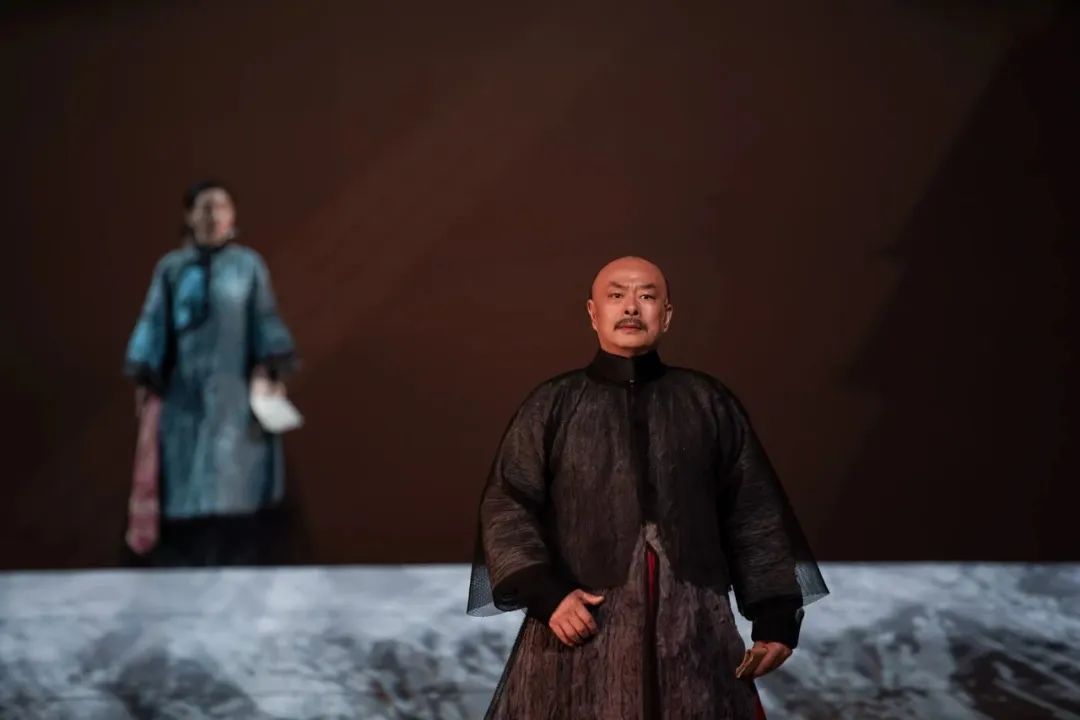
Still of Lin Zexu
The live-recorded film of the stage play Lin Zexu is presented by the NCPA starring Pu Cunxin, Hong Tao, Xu Fan, Guo Da and Guan Dongtian with Wang Xiaodi as stage play director, Yang Dongsheng as film director and Guo Qihong as screenwriter. The film manages to maintain the theatrical sense of immersion, and presents more stage play details through cinematic production. The cast have many big names, including performing artist Pu Cunxin. With his superb acting skills, Pu Cunxin brings life to the “once-in-a-century” Lin Zexu on the stage. Be it a masterpiece based on real life in China, or localized foreign stage play, the “Filmized Stage Plays” section consists of 12 films in various genres and styles. They sure will satisfy your viewing desire.
The ticket sales will open on Maoyan Entertainment, BJIFF’s official ticketing platform, at 12:00PM on September 21. Good luck with your ticket grabbing!

